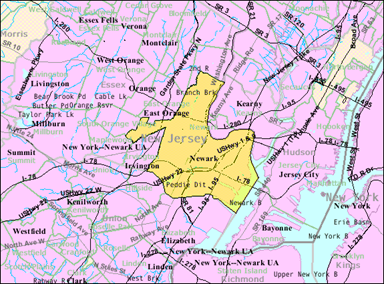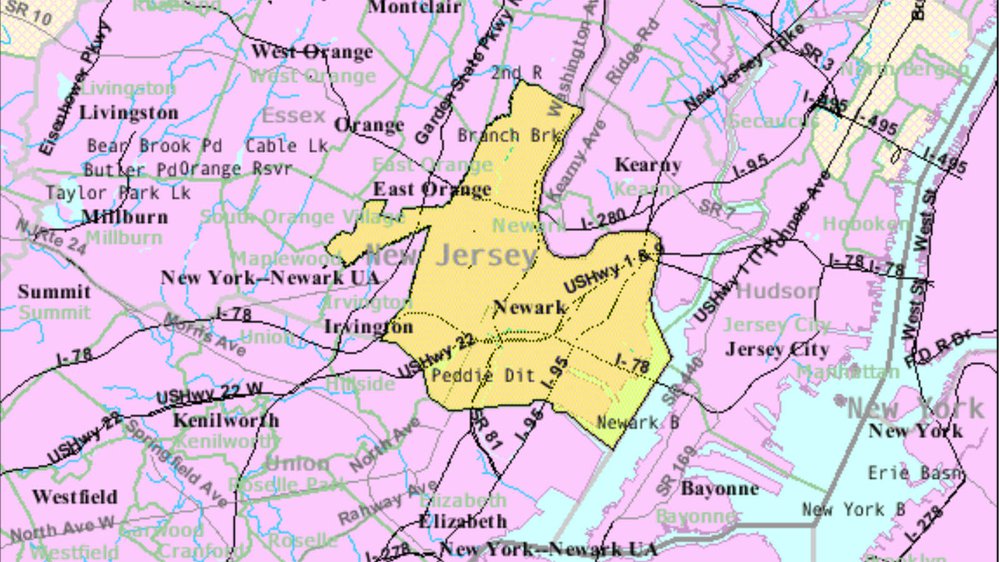State: Newark is on track to regain full control of its schools in 2020 – By Patrick Wall, Chalkbeat
Newark is poised to regain full control of its schools early next year, formally ending a decades-long state takeover, state officials said this week.
The state restored authority to Newark’s elected school board in 2018 under the condition that it meet the requirements of a two-year transition plan. A newly released progress report says the district has so far “fully implemented” those requirements, according to a presentation Wednesday before the state Board of Education. If the district continues on that course, it will exit state monitoring and complete its return to local control in February.
“They are moving exactly as a model school district should be moving,” N.J. Education Commissioner Lamont Repollet said after the board meeting. He also cited the positive feedback from Newark’s “highly skilled professional,” a state monitor overseeing the transition.

Houston school district asks federal judge to put the brakes on likely state takeover – By Aliyya Swaby, The Texas Tribune
In a last-ditch effort to prevent a state takeover, lawyers for Houston Independent School District implored a federal judge Thursday to stop Texas education officials from replacing the district's elected board until he rules on the merits of their lawsuit challenging the action.
Houston ISD lawyers told U.S. District Judge Lee Yeakel that Texas Education Commissioner Mike Morath exceeded his authority at nearly every step as he moved to appoint a board of managers to lead Houston ISD, a decision they said would disenfranchise voters of color.
If Morath seats a board of managers before Yeakel rules, they said, the new board would be able to yank down the lawsuit, making a preliminary injunction against the takeover urgent and necessary. Yeakel said Thursday he would release a written opinion as quickly as possible, choosing not to rule immediately from the bench.
Lawyers for the state said Morath has three unassailable reasons to move toward a takeover, a much-needed penalty for a district that has shown its inability to govern itself.

State opens application for educator loan forgiveness – By Michael Karlik, Colorado Politics
The Colorado Department of Higher Education announced on Tuesday that it will accept applications to forgive $5,000 annually for five years in student loans for educators.
“This program changes the calculus for current and aspiring educators so more choose to serve and stay in our classrooms,” said Executive Director Angie Paccione in a statement.
This year, Senate Bill 19-003 repealed a program established in 2001 to provide loan forgiveness for math, science and special education teachers — or those who worked in high-poverty rural schools — but that the General Assembly had neglected to fund for several years.
Now, the law has expanded the program to include up to 100 new participants annually, allowing principals and other school service providers to join, and changed the eligibility criteria to apply to employees in hard-to-staff schools or in content-shortage areas. The General Assembly appropriated $524,000 in the next fiscal year for the initiative.

Northam proposes $94 million boost for early childhood education – By Mel Leonor, Richmond Times Dispatch
Gov. Ralph Northam is proposing an expansive investment in early childhood education that would increase the number of state-funded preschool slots for Virginia 4-year-olds and create an incentive program for early childhood educators.
Northam’s plan for infants, toddlers and preschoolers has a $94.8 million price tag and is part of his two-year budget proposal to be unveiled Dec. 17. Northam has touted early childhood education as a top priority for his administration, one that he says will level “the playing field” for Virginia families.
About one in five 4-year-olds in Virginia are enrolled in a public preschool program funded by the state or the federal government. Many children are enrolled in private programs, but the Northam administration estimates that a quarter of 4-year-olds from low-income families, or 13,000 children, lack quality preschool. That figure is nearly 35,000 for 3-year-olds.












